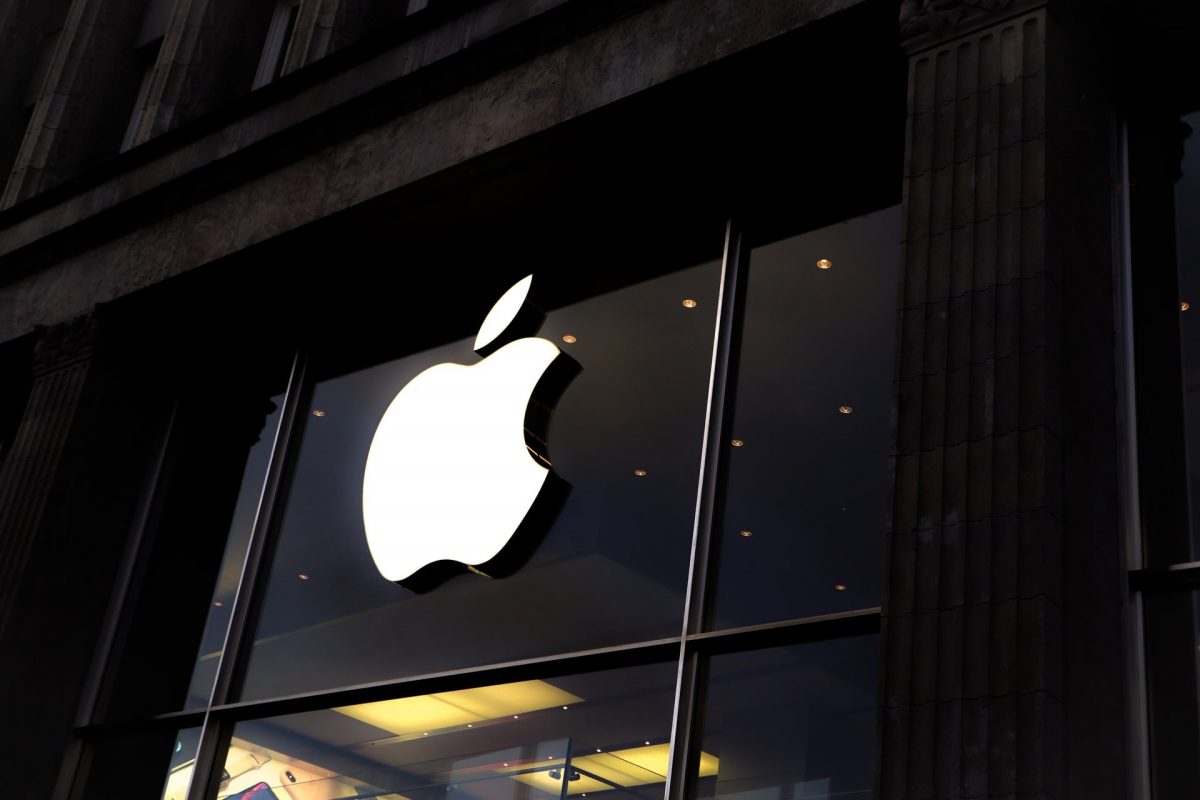As the trial is underway of Epic Games vs. Apple, which originated when Apple removed Epic’s Fortnite from App Store over direct payment system for V-bucks, both the tech giants are gearing up. Epic called Apple’s act unfair and monopolistic, the Cupertino tech giant argued that it allows developers to sell in-app purchases through its Safari browser.
While one of the main points of concern for Epic was why web app are not good substitutes for native apps, expert witness David Evans brought the court’s attention to another major issue: anti-steering rules.

Anti-steering rules brought up in court; Epic Games vs. Apple
Global Economics Group Chairman David Evans was assisted by Stanford Professor Susan Athey, explaining why Apple has a monopoly and exercises its market power to suppress competition. Fraction of the power comes due to anti-steering rules.
Anti-steering are rules put in place by Apple that restricts app developers from redirecting users outside of the Apple ecosystem using emails tied to accounts or through website links. Case in point, Epic attempted to redirect users to buy V-Bucks in the iOS app directly from the company and also avoiding Apple’s 30% commission.
Athey and Evans admitted that if the tech giant would diminish its anti-steering rules then its market power would lessen, at least in the short term. Apple is not the only one who utilizes this rule, other platforms like Marketplace, PlayStation, Xbox, eBay, Steam, etc do not allow sellers to advertise alternate means to buy items outside of their respective ecosystems.

Evans tried to explain the scenario by comparing Apple to an app like Uber. The scenario he created was about a Uber driver who had established a good relationship with a customer. The customer wanted to directly hire the driver but the company, which is Apple, denied the request and demanded the customer pay through its app. Judge Rogers did not seem convinced to this analogy and said, “There is nothing about that distribution process that impacted differently given your Uber example.”
Evan tried to clear up his point by saying, “Epic is not able to message the iOS app user and tell them ‘You can go to the web and get this more cheaply, or, I really encourage you to go to the web and get V-Bucks there.” He objected to Apple’s payment methods and how they make it harder for Epic to tell users they have an alternative.
Judge Rogers put in a follow-up question, would Epic still have an issue with Apple if there was no anti-steering policy? “The customer could choose whether they wanted to stay and make the purchase on the app or do it some other way, right?”
Eliminating the policies would be a small win for Epic, but it would go a long way as the company plans to put third-party App Stores on iOS. Athey will continue her testimony on Wednesday.
Read More:
4 comments
Comments are closed.